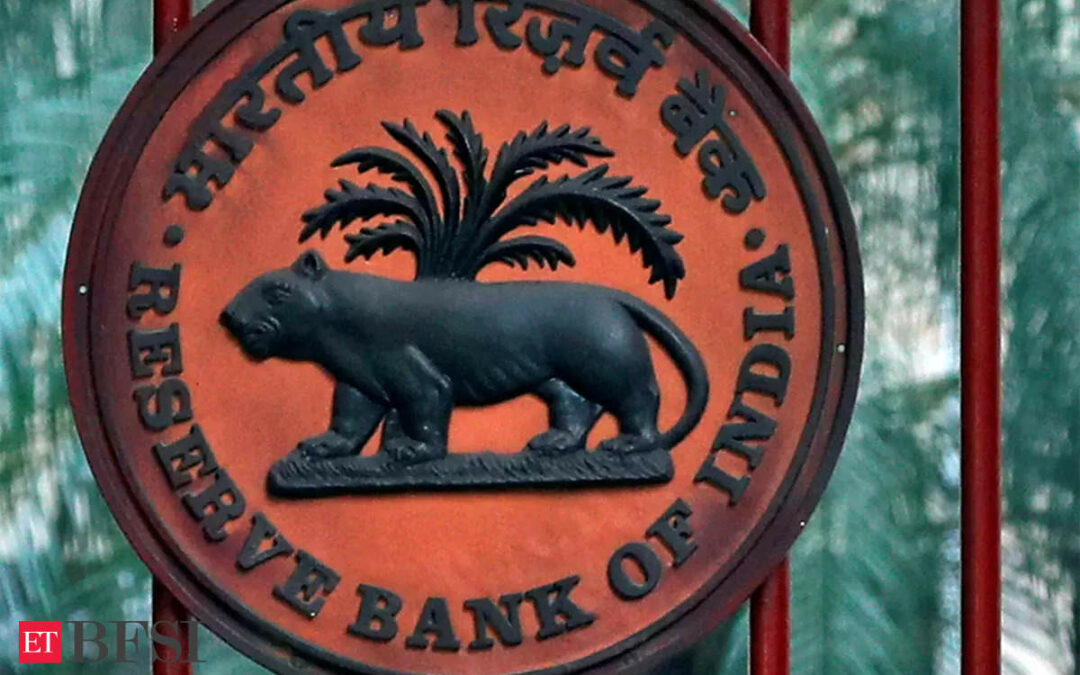The RBI on Friday said that the central bank’s recent observations reveal inconsistencies in how Bad and Doubtful Debt Reserve (BDDR) is treated, particularly regarding its alignment with Accounting Standards (AS) and regulatory norms.
Several co-operative banks established such reserve based on prudential considerations. In some instances, BDDR is created by recognizing it as an expense in the Profit and Loss (P&L) Account, while in other cases, it is formed through appropriations from net profits.
To address these discrepancies and standardise the treatment of BDDR by Co-operative Banks, RBI has issued revised instructions:
All provisions as per Income Recognition, Asset Classification, and Provisioning (IRACP) norms, regardless of whether they are accounted for under “BDDR” or another head, must be charged as an expense to the P&L Account in the accounting period in which they are recognised. These provisions will continue to be eligible for regulatory capital purposes as defined in existing capital adequacy guidelines.
After accounting for all applicable provisions as per IRACP norms and other regulations, banks may make appropriations of net profits to BDDR below the line if required by applicable statutes or regulations.
To facilitate a smoother transition to an AS-compliant approach, a regulatory adjustment is prescribed:
- Identification of BDDR Balances: Banks must identify and quantify the BDDR balances as of March 31, 2024, which were created by appropriating net profits instead of recognizing them as expenses.
- Adjustment by March 31, 2025: As of March 31, 2025, an appropriation will be made directly from the P&L Account or General Reserves to provisions for NPAs. These provisions can be netted off from Gross NPAs to determine Net NPAs. Any excess BDDR not required by statute can be transferred to General Reserves or the Balance in the P&L Account.
- Capital Treatment: Following these adjustments, BDDR balances can be considered as Tier 1 capital, but they should not be deducted from Gross NPAs to calculate Net NPAs.
- Compliance: Banks must adhere to the provisions of the State Co-operative Societies Acts or the Multi-State Co-operative Societies Act, 2002, as applicable.
These revisions aim to enhance consistency and transparency in the treatment of BDDR, aligning co-operative banks with standard accounting practices and regulatory requirements.










